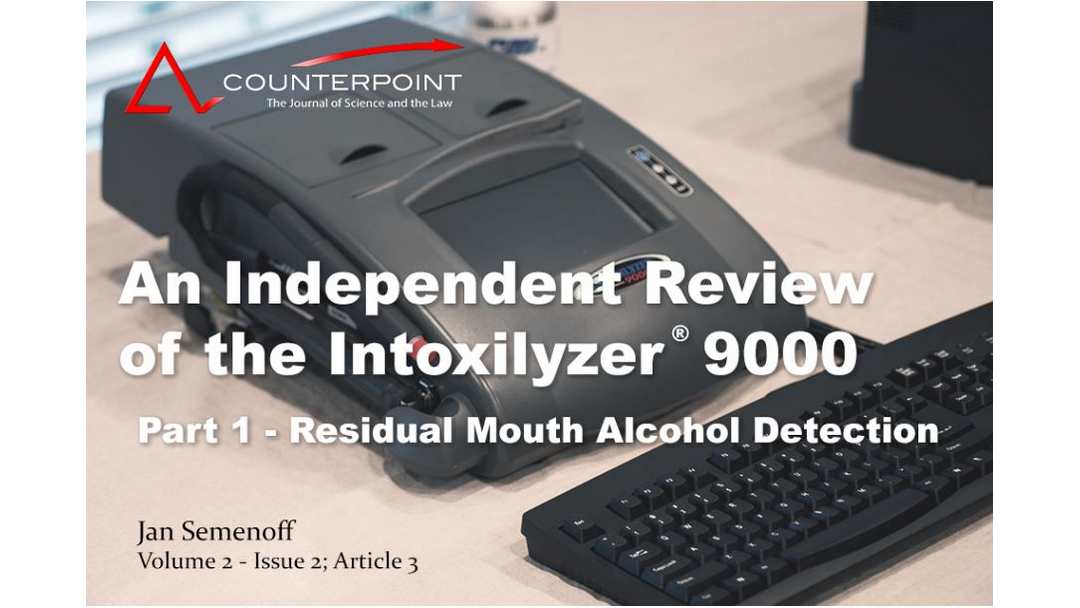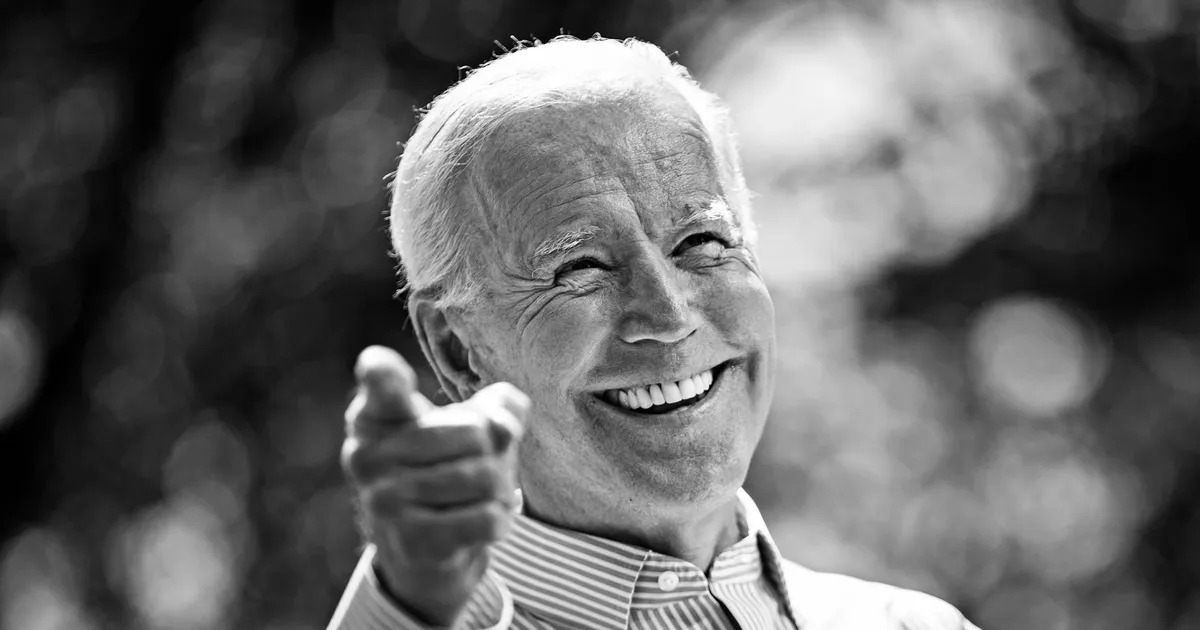Joe Biden has extended pardons for individuals charged with simple cannabis possession and use, yet disappointingly, he has refrained from granting clemency to those currently incarcerated for cannabis-related offenses.
In an extension of the previous year’s extensive federal pardons for cannabis possession, Joe Biden has issued additional pardons for thousands of individuals convicted of simple cannabis use and possession on federal lands and in Washington D.C., according to the Associated Press.
The White House recently announced granting clemency to 11 individuals who have been incarcerated for nonviolent drug offenses, acknowledging the unjustly lengthy sentences they have served.
However, it is essential to note that these pardons do not lead to the immediate release of any current prisoners serving time for cannabis-related offenses.
Rather, the purpose behind these pardons is to tackle the obstacles that individuals face in seeking employment and housing opportunities due to their past cannabis convictions.
This signifies a symbolic shift in the federal government’s approach to cannabis convictions, aiming to support individuals reintegrating into society.
Komorn Law is Michigan’s top cannabis law firms when it comes to licensing, consulting and legal defense.
Call them if you’re thinking about venturing into the marijuana business in Michigan (248) 357-2550
Biden said that the pardons would help make the “promise of equal justice a reality,” the report said.
“Criminal records for marijuana use and possession have imposed needless barriers to employment, housing, and educational opportunities. Too many lives have been upended because of our failed approach to marijuana. It’s time that we right these wrongs.” – President Joe Biden, via the AP
President Biden has restated his desire for U.S. governors to nullify state cannabis convictions. He emphasizes the importance of this action, aligning with his ongoing commitment.
“Just as no one should be in a federal prison solely due to the use or possession of marijuana, no one should be in a local jail or state prison for that reason, either.”
Officially, cannabis remains federally prohibited under the Controlled Substances Act as a Schedule I substance. This classification is reserved for substances that are considered to lack any currently accepted medical use and have a high potential for abuse.
However, the U.S. Department of Health and Human Services recommended in August that cannabis be moved from Schedule I to Schedule III.
More Posts

An Independent Review of the Intoxilyzer 9000
An Independent Review of the Intoxilyzer 9000 Part 1 - Residual mouth alcohol detection Counterpoint Volume 2; Issue 2 - Article 3 (August 2017) An article in the Core Skills III-2 Module Jan Semenoff, BA, EMAForensic CriminalistThe opportunity to conduct an...

The Intoxilyzer 9000 (part 1)
The Intoxilyzer 9000 (part 1 of 2)Roll-Out The Michigan State Police (MSP) initiated Intoxilyzer 9000 (Intoxilyzer) training for police officers statewide, commencing in 2023. In order to participate, officers were required to complete both preliminary breath test...

The Intoxilyzer 9000 (part 2)
The Intoxilyzer 9000 (part 2 of 2)Using it The Intoxilyzer is user-friendly and equipped with a built-in feature to alert officers of any potential issues. As a precautionary measure, officers are specifically advised to switch off their portable radios prior to...

Our Kids are Dying of Drug Overdoses
THE KIDS AREN’T ALRIGHT, THEY’RE DYING OF DRUG OVERDOSESFrom May 2022 to May 2023, the Centers for Disease Control and Prevention reported an alarming 37 percent increase in American lives lost due to overdoses, totaling over 112,000 fatalities. This staggering surge...

How DUI Charges Impact Your Child’s Future
In Michigan driving is considered a privilege. with this privilege comes immense responsibility, especially when it comes to driving under the influence (DUI) as well as other responsibilities. The consequences of youth DUI extend far beyond the immediate legal...

Rescheduling Marijuana Would Be a Threat to Public Health
Kevin Sabet of Smart Approaches to Marijuana says policy makers need to learn from their mistakes with hemp when considering marijuana rescheduling. It’s rare for policymakers to get a preview of the consequences of pending policies, but the descheduling of...

Meet MiChap
Climate and Health Adaptation ProgramYou must save yourself from yourself.Meet MICHAPOur Vision: Michigan's public health system fosters equitable health and wellbeing as it adapts to the current and future impacts of climate change. Our Mission: The Michigan Climate...

Feds discover new methods to distinguish hemp and marijuana to assist crime labs
Federally funded researchers have uncovered two methods to divide and diversify the difference between hemp and cannabis to assist to crime labs. Because Cannabis is still a crime and Hemp is not...The Controlled Substance Act of 1970 classified the plant cannabis,...

Laws passed by Michigan lawmakers in 2023 will take effect
Several new laws passed by Michigan lawmakers in 2023 will take effect on Tuesday, Feb 13, 2023Making use of the first combined Democratic majority in the state House, Senate, and governor's seat in decades, legislators have the numbers and have successfully approved...

Legal Consequences of Rescheduling Marijuana – 2024
Legal Consequences of Rescheduling Marijuana Jan 2024 a report from the Congressional Research Service.








